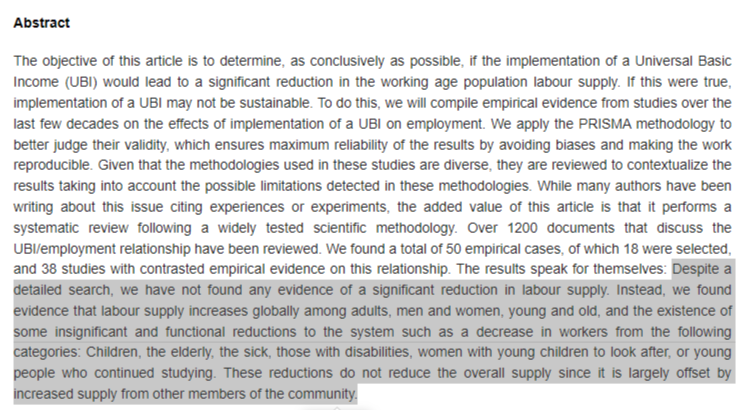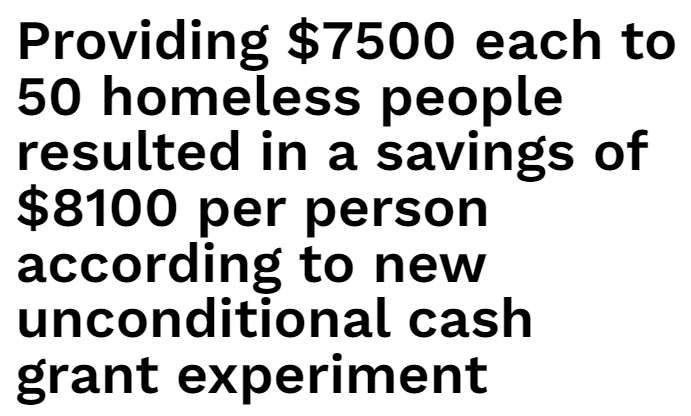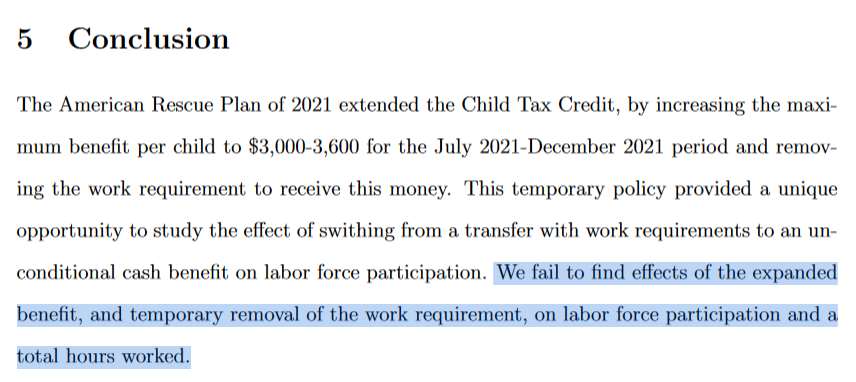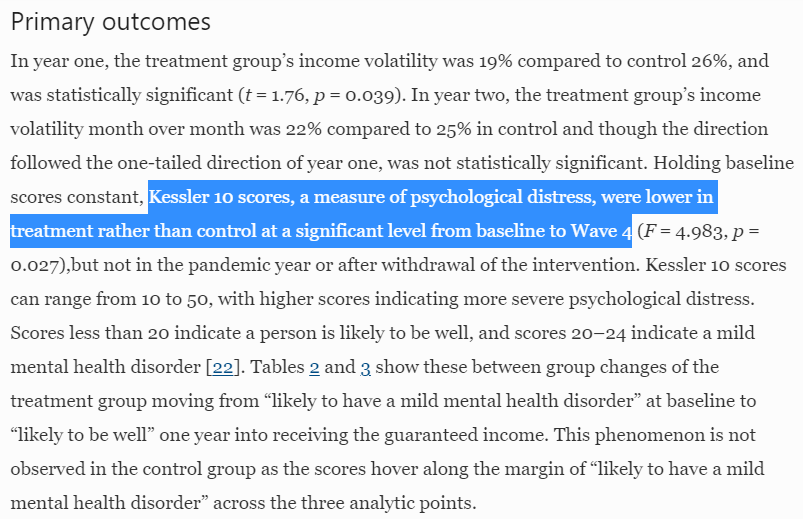"People perceive national debt as a negative, Grey said. But instead, he argues, you can think of it as a savings account, because people are earning interest through the bonds that they hold."
Correct. The "debt" is assets, and the ceiling is just dumb.
marketplace.org/2023/05/12/cou…
Correct. The "debt" is assets, and the ceiling is just dumb.
marketplace.org/2023/05/12/cou…
It is a choice we make to issue Treasury securities $1 for $1 of federal spending that exceeds taxes. We don't have to do that, but it's popular because people like earning a US government guaranteed rate of interest.
The entire #DebtCeilingCrisis is just a hostage situation.
The entire #DebtCeilingCrisis is just a hostage situation.
The US issues USD. We choose to also issue securities that pay USD interest. Our 14th Amendment says we can't default on any of our promised payments. Just keep making the payments, and we may as well also issue a $1 trillion coin to demonstrate we don't have to issue securities.
People could fear inflation as a result of the new mismatch between untaxed spending and securities, but the Fed could also then just sell $1 trillion of the Treasury securities it's holding to meet the demand of those wanting Treasury securities.
markets.businessinsider.com/news/currencie…
markets.businessinsider.com/news/currencie…
If all this sounds silly, it's because our conception of what money is is itself silly, as is the conception most people hold of what the national "debt" is. There should be no "debt ceiling" which exists practically nowhere else.
Money is merely a tool.
scottsantens.com/how-money-is-b…
Money is merely a tool.
scottsantens.com/how-money-is-b…
• • •
Missing some Tweet in this thread? You can try to
force a refresh

 Read on Twitter
Read on Twitter


















